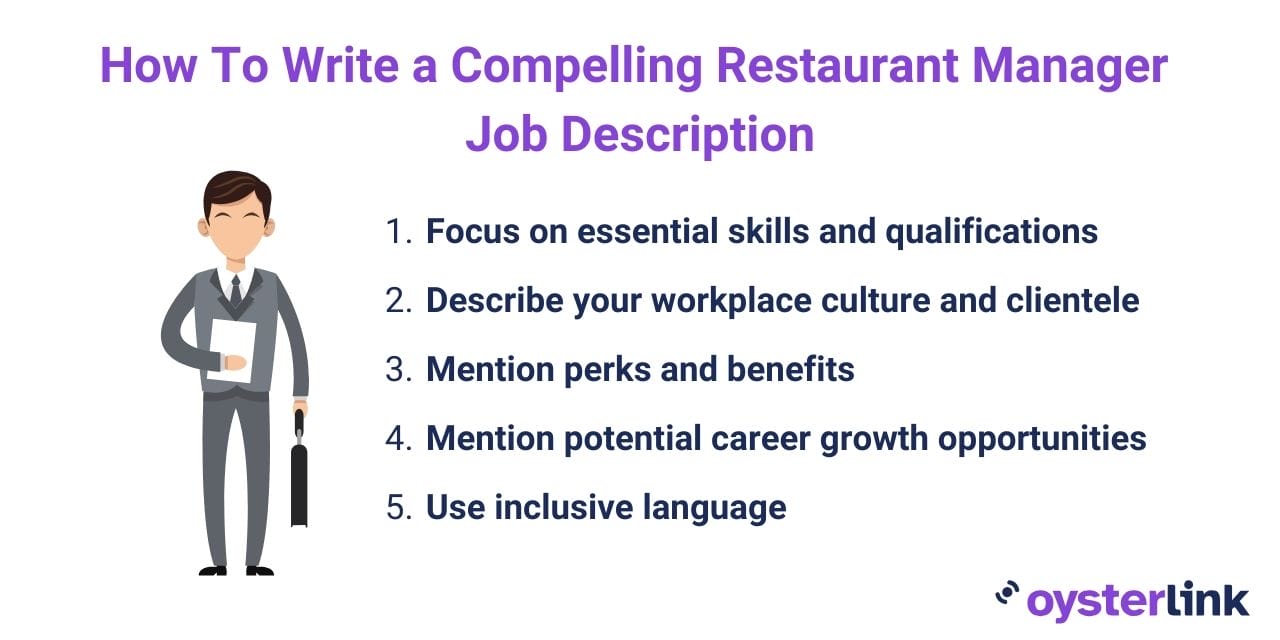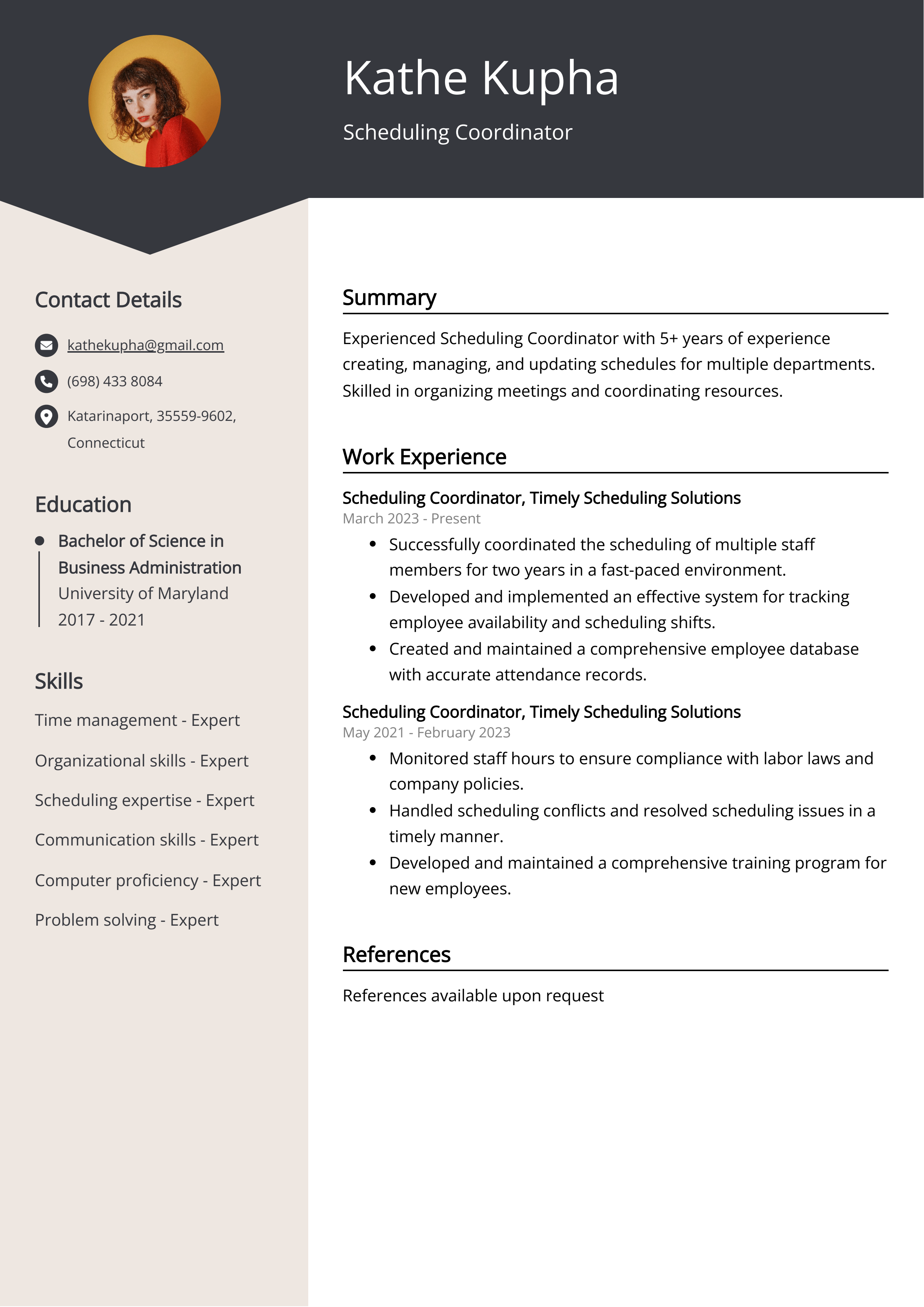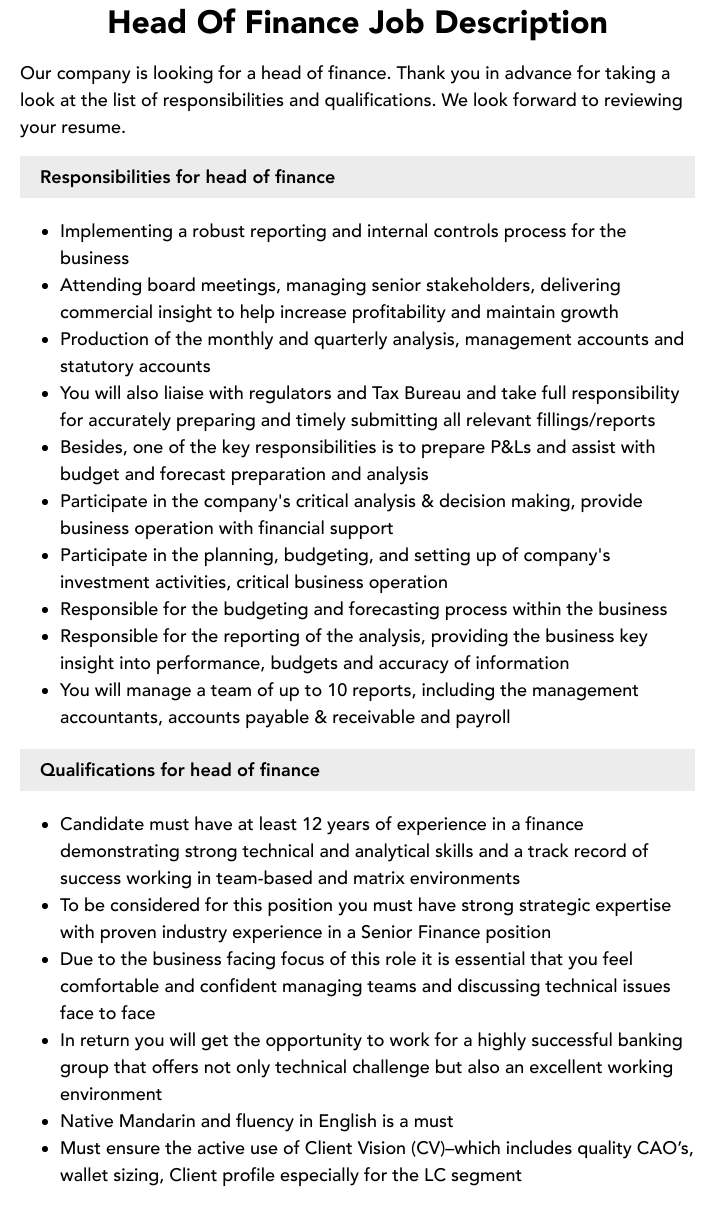
A deputy restaurant manager’s job description encompasses a wide range of responsibilities in the restaurant industry. They are typically second-in-command at a restaurant, assisting the general manager or head chef with the day-to-day operations of the establishment. Common duties include overseeing staff, managing inventory, and ensuring that health and safety standards are met.
The role of a deputy restaurant manager is crucial for the smooth running of any restaurant. They play a vital role in ensuring that customers have a positive experience, that staff are well-trained and motivated, and that the restaurant is profitable. In many cases, deputy restaurant managers are responsible for training new staff, developing new menu items, and marketing the restaurant to potential customers.
To be successful in this role, deputy restaurant managers should have a strong understanding of the restaurant industry, as well as excellent leadership and communication skills. They should be able to work well under pressure, and be able to make quick decisions. Additionally, they should be able to work independently and as part of a team.
1. Leadership – Deputy restaurant managers must be able to lead and motivate a team of staff, ensuring that they are well-trained and motivated.
Leadership is one of the most important aspects of a deputy restaurant manager’s job. They are responsible for leading and motivating a team of staff, ensuring that they are well-trained and motivated. This is essential for the smooth running of any restaurant, as it helps to create a positive and productive work environment.
-
Facet 1: Communication
Deputy restaurant managers must be able to communicate effectively with their staff. This includes being able to give clear instructions, provide feedback, and resolve conflicts. They must also be able to listen to their staff and understand their needs and concerns.
-
Facet 2: Motivation
Deputy restaurant managers must be able to motivate their staff to perform at their best. This includes setting clear goals, providing recognition for good work, and creating a positive work environment. They must also be able to deal with difficult staff members and resolve conflicts.
-
Facet 3: Training
Deputy restaurant managers must be able to train their staff to perform their jobs effectively. This includes providing on-the-job training, as well as organizing and delivering formal training programs. They must also be able to assess staff performance and provide feedback.
-
Facet 4: Team building
Deputy restaurant managers must be able to build a strong and cohesive team. This includes creating a positive work environment, encouraging teamwork, and resolving conflicts. They must also be able to delegate tasks effectively and empower their staff to make decisions.
By developing these four facets of leadership, deputy restaurant managers can create a positive and productive work environment, which will lead to improved staff performance and customer satisfaction.
2. Communication – They must have excellent communication skills, both verbal and written, to be able to effectively communicate with staff, customers, and suppliers.
Communication is a vital skill for any deputy restaurant manager. They need to be able to communicate effectively with staff, customers, and suppliers in order to ensure that the restaurant runs smoothly and efficiently.
There are many different aspects to communication, but some of the most important for deputy restaurant managers include:
- Verbal communication – Deputy restaurant managers need to be able to give clear and concise instructions to staff, as well as answer questions and resolve complaints from customers. They also need to be able to communicate effectively with suppliers to ensure that the restaurant has the necessary ingredients and supplies.
- Written communication – Deputy restaurant managers often need to write emails, reports, and other documents. They need to be able to write clearly and concisely, and to ensure that their writing is free of errors.
- Interpersonal communication – Deputy restaurant managers need to be able to build relationships with staff, customers, and suppliers. They need to be able to listen to and understand the needs of others, and to be able to resolve conflicts.
Effective communication is essential for deputy restaurant managers to be able to perform their jobs effectively. By developing their communication skills, deputy restaurant managers can help to create a positive and productive work environment, which will lead to improved staff performance and customer satisfaction.
3. Organization – Deputy restaurant managers must be able to organize and manage their time and resources effectively, as they are responsible for a wide range of tasks.
Organization is essential for any deputy restaurant manager. They are responsible for a wide range of tasks, including overseeing staff, managing inventory, and ensuring that health and safety standards are met. In order to be effective in their role, deputy restaurant managers must be able to organize their time and resources effectively.
-
Time management
Deputy restaurant managers must be able to manage their time effectively in order to meet the demands of their job. They often have to juggle multiple tasks at once, and they need to be able to prioritize their time in order to get everything done. Deputy restaurant managers can use a variety of time management techniques to help them stay organized, such as to-do lists, calendars, and time blocking.
-
Resource management
Deputy restaurant managers must also be able to manage their resources effectively. This includes managing the restaurant’s inventory, as well as the staff. Deputy restaurant managers need to be able to ensure that the restaurant has the necessary supplies and ingredients, and that the staff is properly trained and scheduled.
-
Delegation
Delegation is an important skill for deputy restaurant managers. They cannot do everything themselves, so they need to be able to delegate tasks to other staff members. This can help to free up the deputy restaurant manager’s time, so that they can focus on more important tasks.
-
Communication
Communication is also important for deputy restaurant managers. They need to be able to communicate effectively with their staff, as well as with other members of the management team. Deputy restaurant managers need to be able to give clear instructions, and they need to be able to listen to and understand the needs of others.
By developing these four facets of organization, deputy restaurant managers can create a more efficient and productive work environment. This will lead to improved staff performance and customer satisfaction.
4. Problem-solving – They must be able to quickly and effectively solve problems that may arise, such as staff shortages, customer complaints, or equipment failures.
Problem-solving is a critical skill for any deputy restaurant manager. They are often faced with a variety of problems that can arise at any time, and they need to be able to quickly and effectively solve them in order to keep the restaurant running smoothly.
-
Identifying the problem
The first step to solving a problem is to identify what the problem is. This may seem obvious, but it is important to take the time to understand the problem before trying to solve it. Deputy restaurant managers need to be able to gather information from staff, customers, and other sources in order to get a clear picture of the problem.
-
Generating solutions
Once the problem has been identified, the next step is to generate possible solutions. Deputy restaurant managers need to be able to think creatively and come up with a variety of solutions to each problem. They also need to be able to evaluate the pros and cons of each solution before making a decision.
-
Implementing the solution
Once a solution has been chosen, the next step is to implement it. This may involve taking action themselves, or delegating the task to other staff members. Deputy restaurant managers need to be able to communicate the solution clearly and effectively, and to ensure that it is implemented correctly.
-
Evaluating the solution
Once the solution has been implemented, the next step is to evaluate its effectiveness. Deputy restaurant managers need to be able to monitor the situation and make sure that the problem has been solved. They also need to be able to learn from their experiences and make adjustments to their problem-solving process as needed.
By developing these four facets of problem-solving, deputy restaurant managers can become more effective at solving problems and keeping the restaurant running smoothly. This will lead to improved staff performance and customer satisfaction.
FAQs on Deputy Restaurant Manager Job Description
This section provides answers to frequently asked questions about the job description of a deputy restaurant manager. It aims to clarify common misconceptions and provide a comprehensive understanding of the role.
Question 1: What are the primary responsibilities of a deputy restaurant manager?
A deputy restaurant manager is responsible for assisting the general manager or head chef with the day-to-day operations of the restaurant. Key duties include overseeing staff, managing inventory, and ensuring compliance with health and safety standards.
Question 2: What skills and qualifications are required for this role?
To be successful as a deputy restaurant manager, individuals should possess a strong understanding of the restaurant industry, excellent leadership and communication skills, and the ability to work effectively under pressure.
Question 3: What are the career prospects for deputy restaurant managers?
With experience and proven leadership abilities, deputy restaurant managers can advance to roles such as general manager, operations manager, or even open their own restaurant.
Question 4: What is the average salary range for deputy restaurant managers?
Salary expectations can vary based on factors such as experience, location, and the size of the restaurant. However, according to industry benchmarks, the average salary range falls between [salary range].
Question 5: What are the challenges faced by deputy restaurant managers?
Common challenges include managing staff conflicts, handling customer complaints, and ensuring efficient operations during peak hours. Additionally, staying up-to-date with industry trends and regulations is crucial.
Question 6: What is the work environment like for deputy restaurant managers?
The work environment is typically fast-paced and demanding, requiring the ability to multitask and make quick decisions. However, it also offers opportunities for growth, collaboration, and direct impact on the success of the restaurant.
In summary, the role of a deputy restaurant manager is crucial for the smooth functioning of any restaurant. It requires a combination of leadership, operational expertise, and a commitment to providing exceptional customer service.
Transition to the next article section: Exploring the Importance of Effective Leadership in the Restaurant Industry
Tips for Deputy Restaurant Managers
Deputy restaurant managers play a vital role in the success of any restaurant. They are responsible for overseeing the day-to-day operations of the restaurant, including managing staff, inventory, and ensuring compliance with health and safety standards.
Here are five tips for deputy restaurant managers to help them succeed in their role:
Tip 1: Be organized and efficient.
Deputy restaurant managers need to be able to manage their time and resources effectively. They often have a lot of different tasks to juggle, so it is important to be organized and efficient in order to get everything done. Some tips for staying organized include creating a to-do list, setting priorities, and using a calendar to keep track of appointments and deadlines.
Tip 2: Be a good communicator.
Deputy restaurant managers need to be able to communicate effectively with staff, customers, and suppliers. They need to be able to give clear instructions, answer questions, and resolve conflicts. Some tips for being a good communicator include being assertive, active listening, and using positive body language.
Tip 3: Be a good leader.
Deputy restaurant managers need to be able to lead and motivate their staff. They need to be able to create a positive work environment and inspire their team to perform at their best. Some tips for being a good leader include setting clear expectations, providing feedback, and recognizing and rewarding good work.
Tip 4: Be knowledgeable about the restaurant industry.
Deputy restaurant managers need to have a good understanding of the restaurant industry. They need to be aware of current trends and best practices. They also need to be familiar with the different types of food and beverage operations. Some tips for staying up-to-date on the restaurant industry include reading industry publications, attending trade shows, and networking with other restaurant professionals.
Tip 5: Be passionate about the restaurant business.
Deputy restaurant managers need to be passionate about the restaurant business. They need to enjoy working with people and have a desire to provide excellent customer service. Some tips for staying passionate about the restaurant business include spending time in the dining room, talking to customers, and learning about new food and beverage trends.
By following these tips, deputy restaurant managers can help to ensure the success of their restaurant.
Conclusion: Deputy restaurant managers play a vital role in the success of any restaurant. They need to be organized, efficient, and have good communication and leadership skills. They also need to be knowledgeable about the restaurant industry and passionate about the business.



